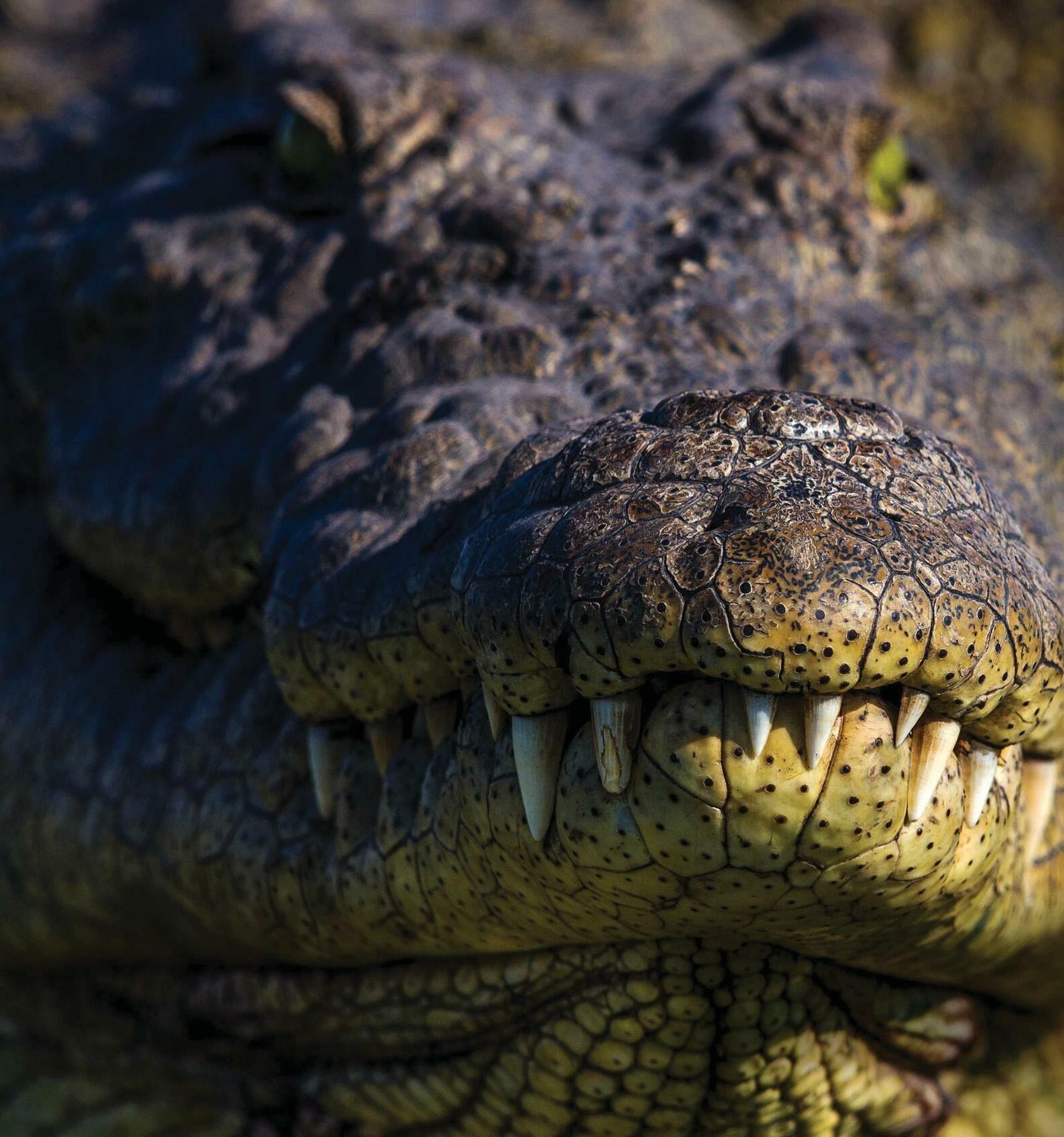Prøve GULL - Gratis
LIVING WITH PREDATORS
BBC Wildlife
|June 2023
In an ever-crowded world, conserving predators means valuing the people that live and can die - alongside them

I REMEMBER WELL THE FIRST TIME I saw a 'proper' wild predator. I was driving through the Calakmul Biosphere Reserve in Mexico when I spotted a jaguar. He wasn't fully grown, but he was nonetheless magnificent. I can still recall every second, 23 years later.
In a recent study ranking animals in terms of perceived ‘charisma’, the top two spots went to the tiger and lion. Six of the top ten were predators. Whether you’ve grown up with Simba, Shere Khan or Yogi Bear, and whether you are driving a Jaguar or cheering on the British Lions rugby team, predators are deeply entrenched in our heritage and culture.
Despite this, and despite the essential role they play in properly functioning ecosystems, many large predators are facing serious challenges. Their ranges and populations are diminishing as we take their land for agriculture, mines, roads and developments, and remove their prey by hunting species such as antelope and deer. What habitat we don’t take, we degrade and fragment, making life especially difficult for species that need large amounts of space.
Added to those pressures is our long history of persecution – our killing of predators out of fear for our families and livestock. Together, all these factors have conspired to push many predators to the edge.
Denne historien er fra June 2023-utgaven av BBC Wildlife.
Abonner på Magzter GOLD for å få tilgang til tusenvis av kuraterte premiumhistorier og over 9000 magasiner og aviser.
Allerede abonnent? Logg på
FLERE HISTORIER FRA BBC Wildlife

BBC Wildlife
"I was terrified the elephant would ram us"
African elephant in Kenya
2 mins
January 2026

BBC Wildlife
ALL YOU EVER NEEDED TO KNOW ABOUT THE Fennec fox
THE FENNEC FOX IS THE SMALLEST fox in the world, with a body length that can be as little as 24cm.
3 mins
January 2026

BBC Wildlife
INTO THE PLASTISPHERE
A unique synthetic ecosystem is evolving in our oceans – welcome to the plastisphere
7 mins
January 2026

BBC Wildlife
“More than half of all animal life exists in a parasitic relationship, and all life lives in symbiosis”
Our survival depends on species evolving to live together - but some relationships take dark turns
7 mins
January 2026

BBC Wildlife
Are animals able to dream?
SLEEP IS A MYSTERIOUS THING. FOR A long time, we weren't sure why we do it.
1 mins
January 2026

BBC Wildlife
Does a cuckoo know it's a cuckoo?
ABSURD LITTLE BIRDS ACROSS THE world lay their eggs in the nests of other species, leaving the hapless parents to raise a changeling at the expense of their own offspring.
2 mins
January 2026

BBC Wildlife
Orcas killing young sharks
Juvenile great whites are easy prey for orca pod
1 mins
January 2026

BBC Wildlife
Ocean goes on tour
Acclaimed film touring the UK, backed by live orchestra and choir
1 min
January 2026

BBC Wildlife
Feisty bats hunt like lions
Winged mammals use a 'hang and wait' strategy to take down large prey
1 mins
January 2026

BBC Wildlife
SNAP-CHAT
Richard Birchett on magical merlins, wily coyotes and charging deer
2 mins
January 2026
Translate
Change font size
